Considering Therapy? What You Should (And Shouldn't) Expect
-By Nathan Kerr, LPC
It has been said that the profession of therapy has an “image problem.” Public perception of therapy varies, but I’d wager that when asked, most people would describe counselors in vague phrases such as “someone who listens to your problems.” Counselors haven’t exactly done a stellar job at marketing the benefits of our craft to the public either. We’ve had a history of marketing (or not marketing) in a way that’s nebulous and unfocused, rather than providing specifics on what we do and the benefits our work provides. It's like opening a business and simply telling potential customers that you’re “in the business of doing business.” Okay. How does that help me, specifically?
Though many counselors employ their own therapeutic style and techniques, below are some general ideas to help you get your head around the way therapy works.
Therapy is often about personal growth, rather than fixing problems.
It’s easy to enter therapy with the assumption that you're attending a doctor's office. You just describe your symptoms and your counselor devises a treatment and tells you how to fix your problems. Easy, right? Not so much. Counselors aren't clairvoyant and, in fact, may sometimes feel just as stumped by your problems as you do. But that's not necessarily a bad thing. Often times, part of handling life isn't about finding solutions to our struggles, but rather recognizing our need to weather the storm for as long as it takes. Sometimes you need to struggle long enough before the way forward reveals itself. And sometimes you just need support holding out.
The right kind of therapist plays a big role.
Therapy is comparable to dating. A connection needs to exist between the two of you. If you're someone who enjoys swearing and has a tendency to be abrasive, you're probably not going feel in tune with a stoic professional who uses lots of sophisticated language. Furthermore, you want a counselor who is deeply familiar with the kinds of struggles you’re facing. If you know that you're dealing with anxiety and depression, spend some time researching counselors who advertise their expertise in helping clients specifically with those issues. And if you've had experience with a counselor that wasn't helpful, don't let that discourage you from searching and trying again with another.
Your motivation plays an even bigger role.
More important than the right counselor is your desire for a positive outcome. Getting the most return out of your investment requires that you be open to challenge and asking yourself some tough questions. I once had a client compare his time in therapy to writing all of his thoughts down on a giant whiteboard, taking a step back, and finding meaning amidst all the "theory." It takes time to sort through everything, but you get out of it what you put into it. When it comes to finding the right professional, do your research and let your intuition be your guide. But when it comes to your part, maintain an open mind, work from a place of introspection, and give the process a chance to work for you.
You’re likely to experience discomfort in the process…and that’s OK.
If you haven’t watched Brenè Brown’s TED Talk on Vulnerability, I encourage you to take 20 minutes out of your day and give it a view here. There’s a lot to take away from her presentation, but one point that always sticks out to me is her statement that we can’t achieve the good without experiencing the bad. For me, that sums up the human condition so perfectly. Pixar’s “Inside Out” wonderfully demonstrated the need to experience painful emotions in order to become more actualized versions of ourselves. When we repress painful feelings, we’re setting ourselves up for disconnection in our relationships and a life that’s void of meaning. In therapy, you and your counselor may encounter some difficult feelings that you've spent time avoiding. It's normal for your counselor to encourage you to recognize and sit with them. Not because he/she is trying to make you cry (not everyone has to cry in session), but because as people, we simply can’t get unstuck until we allow ourselves to experience the hard feelings needed to give our lives meaning.


